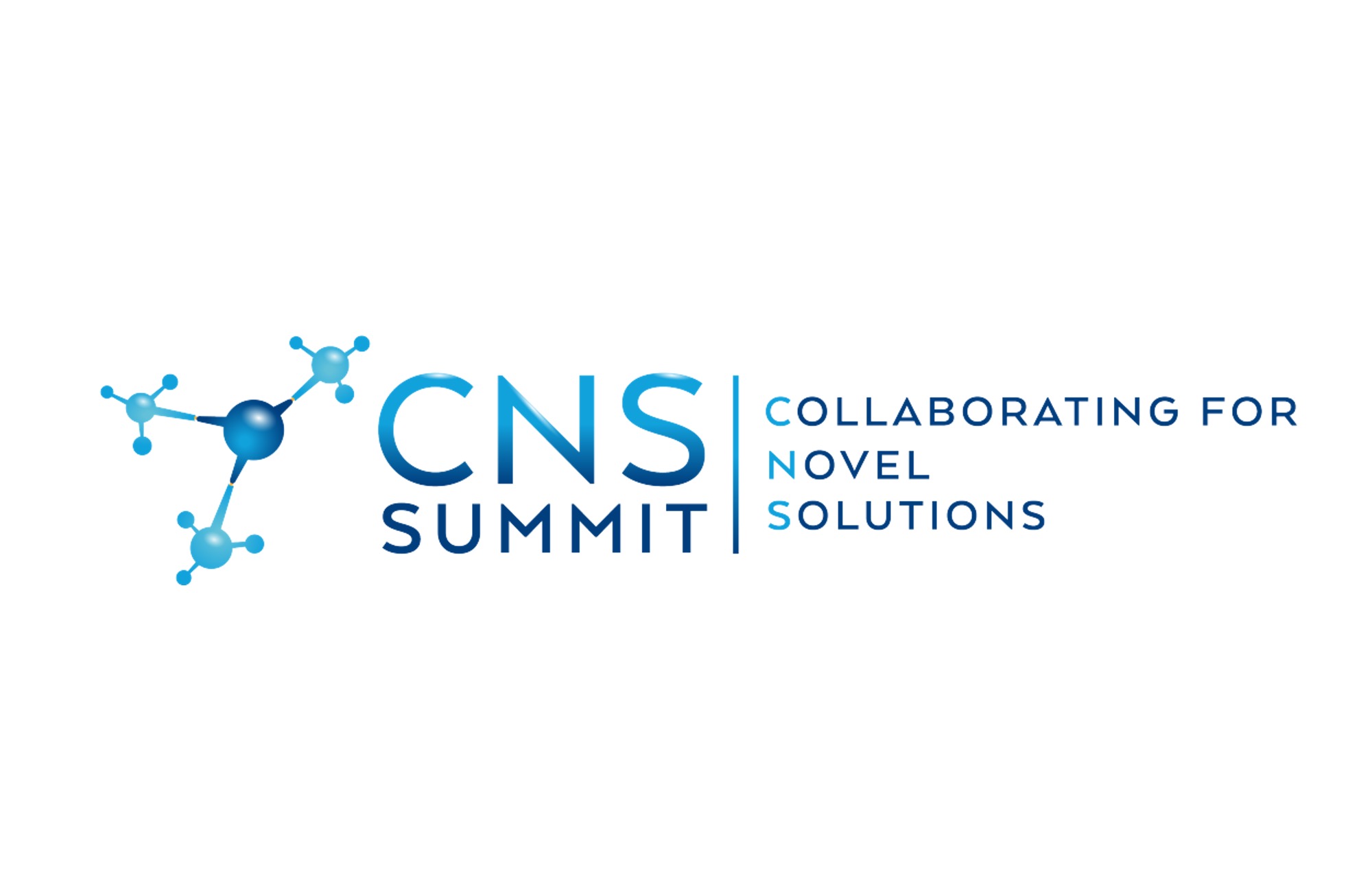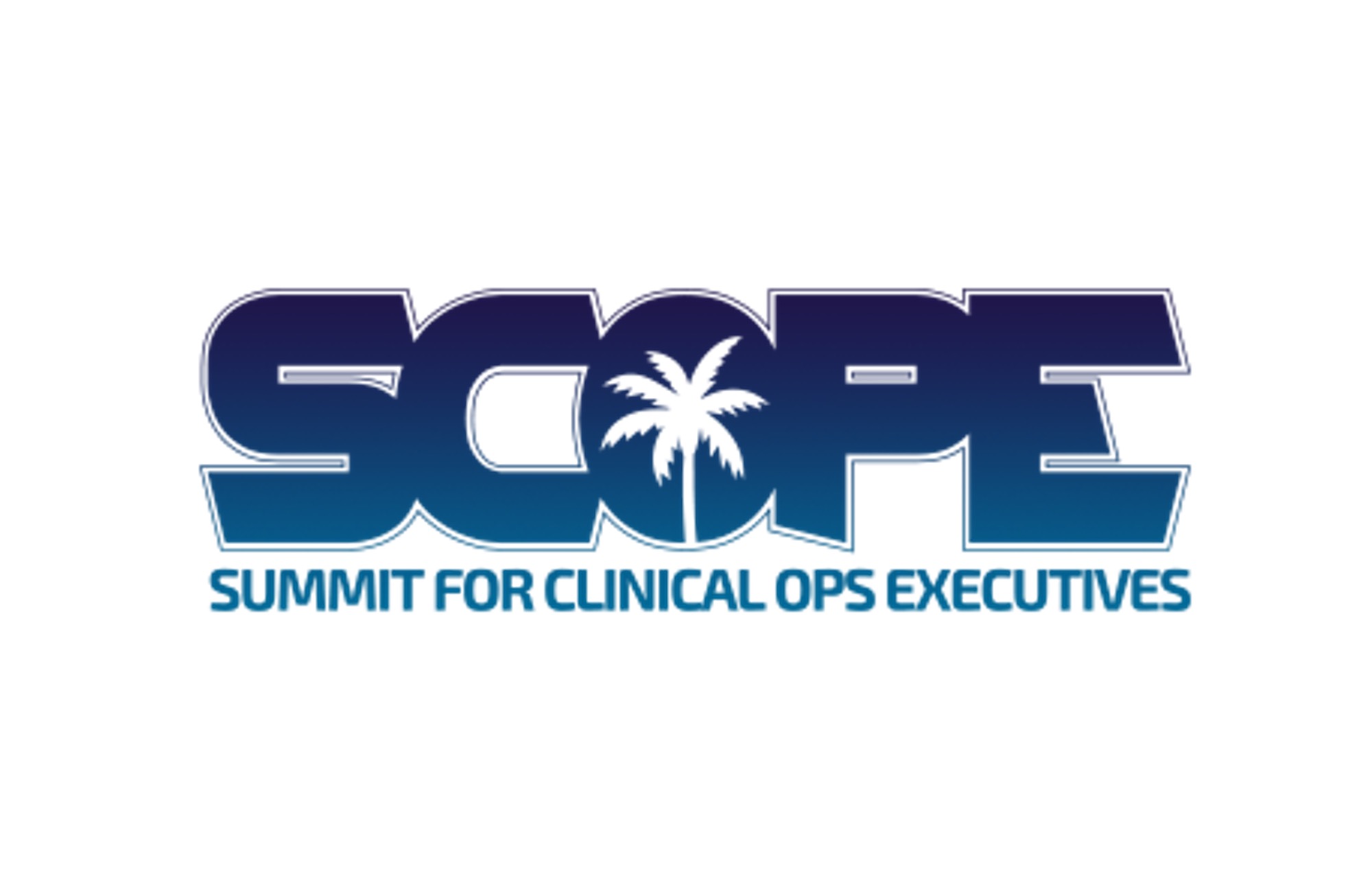The need to engage patients during clinical trials is no longer debatable; the question is how clinical trial stakeholders can best maximize patient engagement.
In this short interview, the Participant Feedback Questionnaire (PFQ) is discussed. Jeremy Rouet, product manager and former clinical data manager at Kayentis, an eCOA and DCT solutions provider, explains everything you need to know about this specific tool.
Listen to the full interview:
What precisely is the Participant Feedback Questionnaire? and how does it work?
It is a questionnaire that is completed anonymously by patients during participation in a clinical trial. At several timepoints during the study, an opportunity can be given to the patients to provide their feedback regarding the clinical trial they are taking part in.
This feedback can be regarding the study schedule of assessments: Is the time taken for the study’s activities acceptable to me, eg, in terms of visit duration or the travel to site. And patients can select answers from ‘too little’ to ‘too much.’
It is also an opportunity for patients to provide feedback regarding the clinical site and the team members they meet during the trial: Am I satisfied with the study site treatment area? With answers from ‘strongly agree’ to ‘strongly disagree’.
So, as this is a separate questionnaire, are there any specific requirements for its implementation?
In terms of implementation, the Participant Feedback Questionnaire is as simple as usual patient questionnaires. The PFQ is translated and displayed in the patient’s local language, as we do for other patient questionnaires. It is implemented directly in the eCOA schedule of assessments and is then very easy to for the patient use as it appears within the flow of the eCOA.
Once completed, the PFQ responses are blinded to maintain patient anonymity and are provided in a dedicated data transfer.
Can you tell us more about the value for the patients and also for the pharmaceutical company that is running clinical study?
So, giving a voice to study patients via the Participant Feedback Questionnaire provides an opportunity to enhance patient engagement by sharing their experience of participating in a clinical trial. Patients have a lot to share, and the PFQ gives them a voice.
Also, the feedback provides key information to help pharmaceutical companies’ protocol designs and to help operational decision making for future trials.
The implementation of PFQ does not have an impact on the study timelines and adds significant value with very low effort.
The goal, as a positive feedback loop, is to improve the patient journey in future clinical trials and at the same time improve their engagement and data quality.
With the PFQ, patients have another questionnaire to complete in their studies. With all the existing burden on patients, don’t you think this can create an extra burden for them?
Um, the questionnaire completion is anonymous and is only voluntary as we want to avoid as much as possible the burden linked to a clinical trial. Patients have the right to say “no” and not to fill out the entire questionnaire. They can also choose not to answer a selection of questions.
In addition, the Participant Feedback Questionnaire appears within the flow of the eCOA, so there is no extra burden for the patient.
This was very insightful, Jeremy, so thank you very much for your explanations. Maybe you have a concluding remark to share with us?
Yes, I think the best way to understand what patients need is by asking them directly. This is important for Kayentis to improve the patient experience in clinical trials and help future studies to be conducted in a more engaging way.









